‘I Can’t Compare It to Anything Else’: Class of 2020 Graduates Virtually
Although it was 1 a.m. in Malaysia when the Commencement ceremony went online, Jason Wee ’20 tuned in live. His parents joined him in the early hours of the morning to watch as Wee officially became a Princeton graduate. “I can’t compare it to anything else,” Wee said, unsure if this ceremony brought the closure he and many others were looking for.
The Class of 2020’s unusual final semester at Princeton culminated May 31 with the University’s first-ever virtual Commencement. While the pre-recorded video send-off included the usual speeches and well-wishes for the graduates, it lacked the excitement, cheers, and sense of community that could only be achieved with an in-person event.
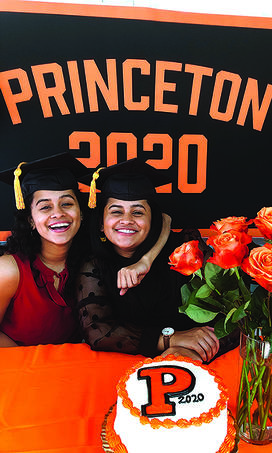
The tumult plaguing the world — from the continued threat of COVID-19 to the protests in various cities in response to the death of George Floyd — provided an inescapable backdrop. Although the Commencement video was put together in advance, a statement from President Eisgruber ’83 was added to the start of the event to acknowledge Floyd’s death.
“We all have a responsibility to stand up against racism, wherever and whenever we encounter it,” Eisgruber wrote. “Commitments to diversity, inclusivity, and human rights are fundamental to the mission of Princeton University. I ask all of us to join the graduates in the Class of 2020 in their quest to form a better society, one that confronts racism honestly and strives relentlessly for equality and justice.”
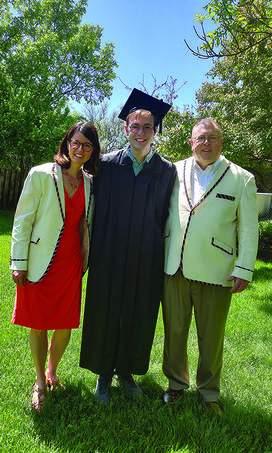
The messages from the various Commencement speakers called on seniors to go out and change the world. Eisgruber’s address, titled “Touched by Tragedy,” encouraged graduates to “be the start of something truly extraordinary, to appreciate anew the value of ordinary human experience, and to cooperate afresh for the common good.” Journalist Maria Ressa ’86, the Baccalaureate speaker, noted that the class has “a freer hand to imagine and create the world as it should be — more compassionate, more equal, more sustainable.” She asked graduates to embrace their fear “so that you rob it of its power.” (Ressa knows all about embracing fear — she has been arrested several times by the Duterte government in the Philippines.) Nicholas Johnson ’20, the University’s first black valedictorian, called on his peers to “rise to the occasion to make transformative strides in advancing solutions to the world’s most pressing problems.” Salutatorian Grace Sommers also addressed the class, speaking in Latin with English subtitles.
In her remarks at the virtual hooding ceremony May 29, Sarah-Jane Leslie *07, dean of the Graduate School, said that the 2020 master’s degree and Ph.D. recipients “completed their degrees under extraordinarily difficult circumstances, so their achievements are worthy of special recognition.” The event concluded with a stream of thank-you notes from the graduates honoring advisers, friends, and family members.
A total of 492 students earned Ph.D. and master’s degrees, and 1,250 students earned bachelor’s degrees. Princeton’s Army ROTC battalion commissioned eight graduates as second lieutenants June 2; the Navy ROTC program held a separate commissioning ceremony for the first time since its return to campus in 2014, honoring three Navy ensigns and one Marine second lieutenant.
Departmental and Class Day virtual ceremonies were also held for graduates from May 28 through June 2. Many featured keynote addresses and recognized students who earned departmental awards, but some suffered from technical hiccups. Thelma Golden, director and chief curator of the Studio Museum in Harlem, spoke about her grief and anger in reaction to Floyd’s death for the ceremony of the Lewis Center for the Arts. Golden urged the graduates to use their gifts to create works that share their vision with a world in need of love and healing. “You have been trained for this moment,” she said.
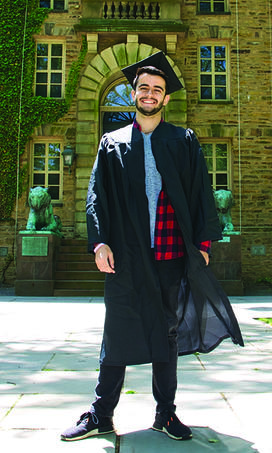
While students made the best of the situation, the celebrations were a far cry from what they had imagined their final days as Princeton students would be. Grace Baylis ’20 celebrated on Long Island, New York, where she is staying with Kierra Laube ’20. Originally from London, Baylis said she was sad to be unable to share this moment with her parents. “In some ways, it’s harder to just say goodbye and move on to the next stage of your life so abruptly,” Baylis said.
Winfred Darko ’20, who streamed the ceremony in the Bronx, New York, had similar feelings. Graduating from college was something he looked forward to for most of his life and a joy he had hoped to share with his family. Although he has earned his degree, Darko said it won’t feel like a true celebration until the in-person ceremony, which will be held in May 2021. “I’m waiting for next year,” he said.
See more photos from Commencement sent by the Class of 2020.


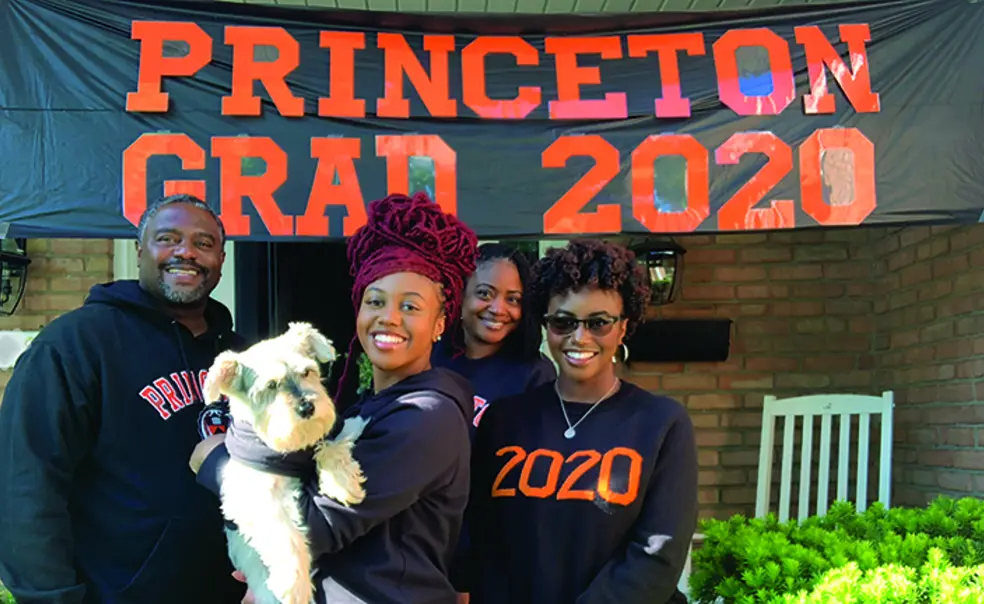
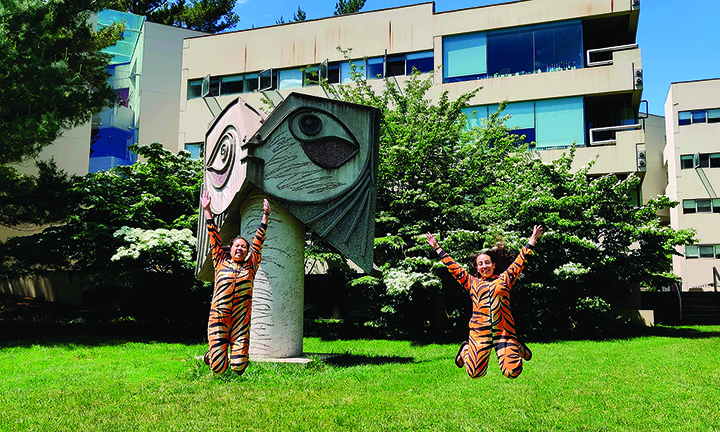
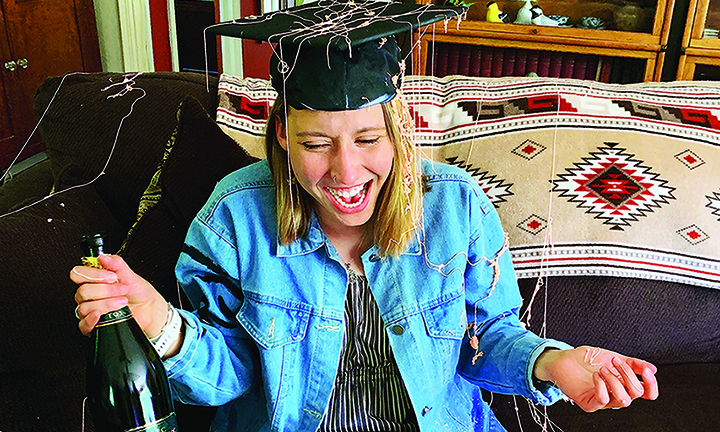









No responses yet